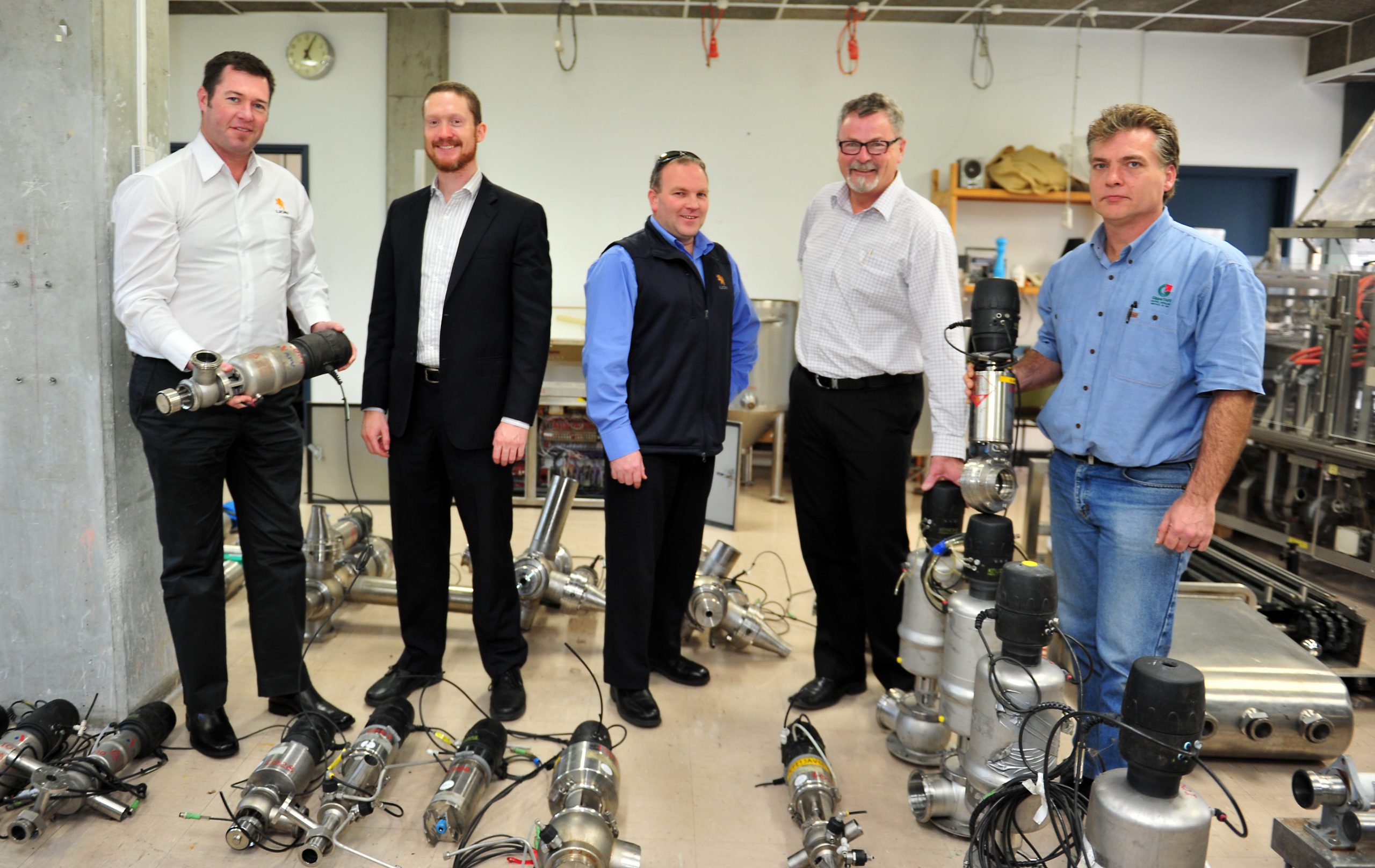WIDESPREAD regret at the erosion of engineering study options in Latrobe Valley over past years may be alleviated by news of a unique, new opportunity set to commence next year.
Announced formally last month, with the support of $2.5 million from the State Government, the Control and Systems Engineering Pathway has already secured millions of industry dollars from local businesses keen to benefit from what it has to offer.
For Kelvin Slade, regional skills and training manager with Regional Industry Skills Alliance-Gippsland, overseeing the initiative’s journey from industry-driven concept to set-in-stone educational offering, has been all-consuming.
Numerous regional action plans have fed into the process which, after about 18 months of consultation, led to Higher Education and Skills Minister Peter Hall announcing an ‘integrated pathway’ from certificate IV to masters level.
The initiative is said to have secured the support of 46 industry, community and education organisations.
It will be delivered from Gippsland under the Federation University Australia banner next year.
Mr Slade said through a collaboration by Monash, University of Ballarat, GippsTAFE, Lion Foods, Safetech and the Gippsland Education Precinct, the pathway would have a particular focus on practical project-based learning.
The first of its kind in regional Victoria, it would connect seven qualifications and pathways and have a series of entry and exit points, he said.
While the pathway’s first “physical presence” would be in Gippsland, in part from a lab at GippsTafe’s Yallourn campus equipped with more than $4 million of donated machinery from Lion Foods, it will be delivered by syndicated delivery partners – including a range of other TAFEs – across Victoria.
Mr Slade said the pathway was not just for “the traditional cohort of students people think about”, being school leavers and apprentices, but was tailored to attract “mature industry workers” keen to up-skill.
Months of research and preparation have left Mr Slade confident of a fertile market of potential students and, as the significant workplace benefits become evident, an expansion in industry support.
“There are 17,000 people, according to government data, who have a technical trade and are resident in Gippsland… it’s not a thin market at all,” he said.
Mr Slade said conservative estimates would see 350 students enrolled in the new pathway over two years, from next year, and a further 200 per annum thereafter.
“That’s what the business case has been built on, but we are naturally optimistic it will be much more successful than that,” he said.
Industry consultation indicated “time and time again” businesses, confronted with rapid technological change and a fierce need to stay competitive, were “calling out” for a pathway of this nature, according to Mr Slade.
Lion Foods spokesperson Ken Sanders told The Express the pathway’s implementation could not come soon enough and Mr Slade said “everyone has basically said the same thing”.
He said power, manufacturing, agricultural, timber and forestry and processing and packaging industry players had lamented the loss of cadetship-oriented training and expressed a need to see students involved in their industries “from the ground up”.
The engineering pathway would focus on automation and Mr Slade said ‘project-based’ learning within workplaces would be a key component of its structure.
Gippsland’s diverse industry base had been accounted for as the pathway was being devised, he said, and the skills attained through courses could be applied “across all different fields.”
Partnerships with businesses would also provide for “specific industry-driven components,” he added.
Mr Slade said industries who chose to get on board with the initiative would gain “a distinct competitive advantage” over their counterparts.
Anyone seeking more information on the Control and Systems Engineering courses should phone Kelvin Slade on 0428 513 883.












